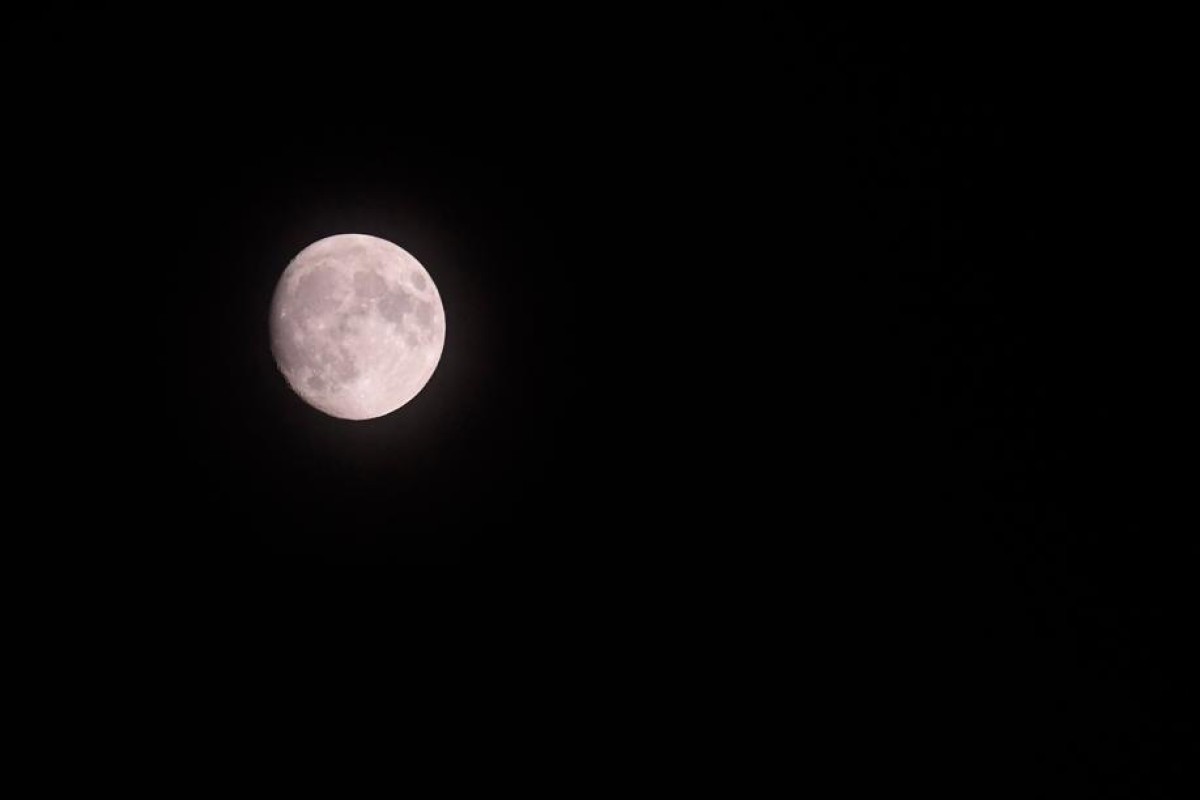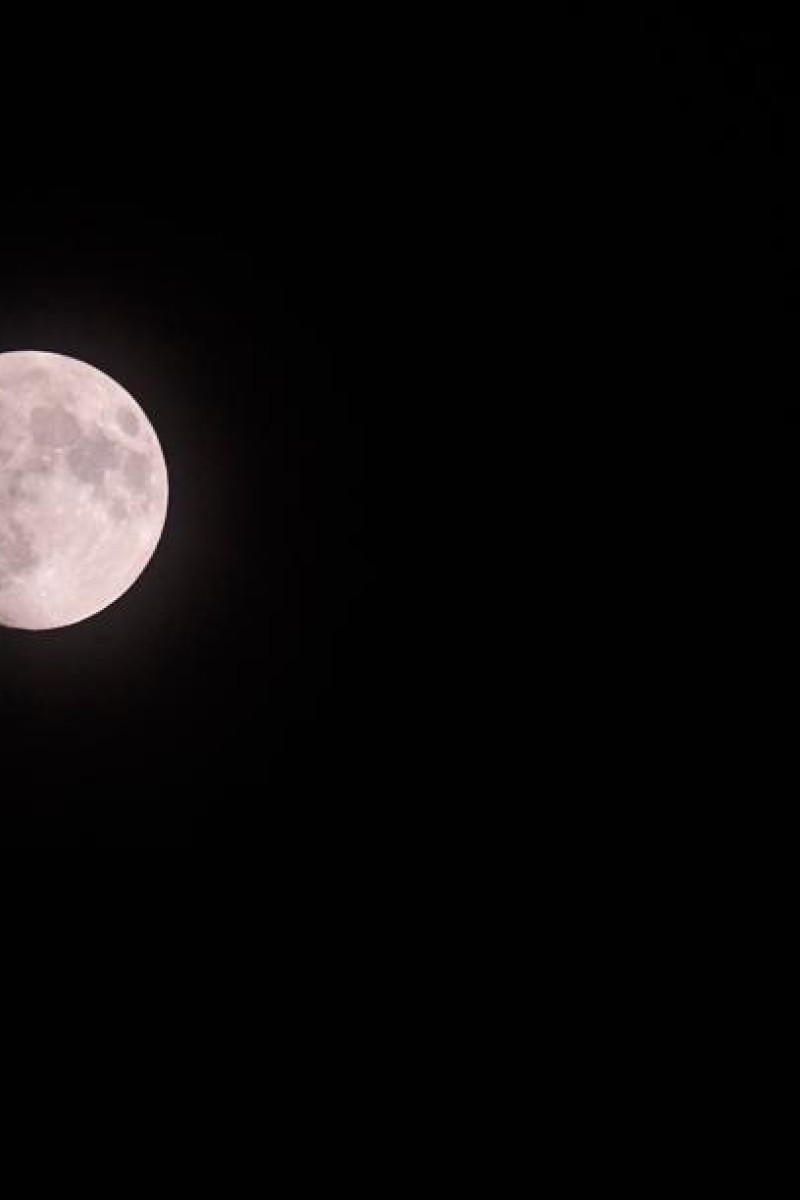 It's more than just a reason to eat mooncakes, you know.
It's more than just a reason to eat mooncakes, you know.As you stare at the moon tonight, you might want to to throw out a couple of these lunar facts at your friends and family:
1. It doesn't actually shine
Even though the Moon is so bright, it doesn't actually emit any light itself. What we see as moonlight is actually a reflection of light from the sun. (Even more amazing: the moon reflects only between 3 and 12 per cent of the sunlight that hits it!)
2. Its creation came about through a collision
The Moon was formed about 4.51 billion years ago, not long after the Earth. According to the most common explanation, the Moon formed from the debris after a collision between planet Earth and a Mars-sized planet called Theia.
Is space travel still necessary?
3. The dark side we never see
The Moon rotates at the same speed as the Earth. Therefore, the same side is always facing the Earth. It also means there’s a dark side of the Moon that we never get to see.
4. The Americans weren't first
The first unmanned mission to the Moon was by the Soviet Lunar Programme, almost 60 years ago in 1959.
5. The three moon amigos
Neil Armstrong is a familiar name: he was the first person to ever step on the Moon in 1961. But there were two other astronauts with him on the spaceship, Apollo 11, at the time. Edwin “Buzz” Aldrin also landed on the the moon, while Michael Collins stayed flew a smaller craft around the Moon, did experiments and took photos.
6. Let's take a long walk
Armstrong and Aldrin walked on the Moon for three hours. They put a US flag on the moon and left a sign on the moon that says, "Here men from the planet Earth first set foot upon the moon July 1969, A.D. We came in peace for all mankind."
7. A very strong attraction
Earth’s tides are caused by the Moon. There is a greater attraction force between the side of Earth that’s closest to the Moon than that between the opposite side of Earth and the Moon, resulting in tidal forces.The gravity of the Moon causes a high tide on the sides of the Earth nearest and furthest from the Moon.
8. Don't leave us this way
The Moon is slowly drifting away from the Earth at a rate of about about 3.8cm every year.
The greatest scientific advances of all time
9. Instant weight loss
You would weigh much less on the Moon than you do on Earth because of the different gravitational force. You would only weigh 16.5 per cent of your Earth weight if you went to the Moon.
10. Permanent night-time
The sky is always dark on the Moon because it has no atmosphere, the layers of gas that surround the Earth. When sunlight hits molecules in these gases, the light scatters - mainly blue light, causing the sky to look blue. This can't happen on the Moon. The lack of atmosphere also means sound can't be heard on the Moon.
11. I feel the moon move under my feet...
Moonquakes happen! They are triggered by the gravitational pull from the Earth.
12. Home sweet home
Nasa is planning to set up a permanent space station on the Moon. Who will be the first to move there?
13. Better best forgotten
In 1958, the United States Air Force considered detonating a nuclear bomb on the Moon. The secret project was during the Cold War and was known as “A Study of Lunar Research Flights”. It was intended to showcase the US' strength, as they were lagging behind in the space race.
14. Beware the full Earth
The Earth, seen from the Moon, also goes through phases. They are opposite to the lunar phases that we see from Earth, so it's a full Earth when we see a new moon for us, and a new Earth when the moon is full.
15. Lunar looniness
The word "lunatic" comes from a Latin word meaning "moonstruck" or "of the Moon". It originally referred mainly to epilepsy and madness, diseases thought to be caused by the moon. The word was even used in laws around the world; the United States didn't remove it from its legislation until 2012!

